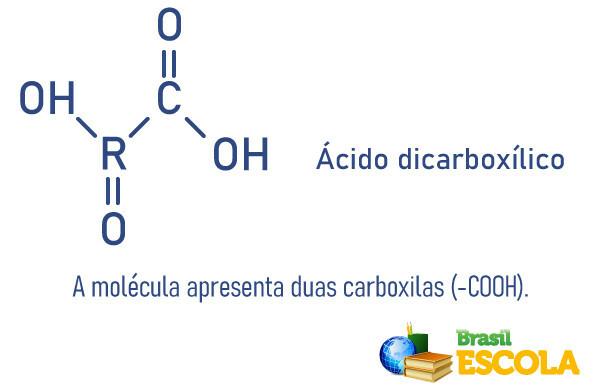One of the benefits that most excites workers is the food stamps, especially at a time when food prices are so high. In this case, this is a legal resource to cover the cost of daily meals for those who cannot go home to eat during working hours. However, there are many complaints about the misuse of cards, which ended up culminating in new food voucher rules. See what they are here.
Read more: Improper use of food vouchers may result in dismissal
see more
How to get your CNH for free in 2023?
After hacker attacks, Microsoft releases free tools for…
Food vouchers are for food products only
It even seems redundant to reaffirm that the food voucher is only for the purchase of food products. However, in view of the various denouncements of misuse of the cards, it was necessary to establish more specific rules. For example, it is now impossible to use the voucher to pay for various services, such as streaming monthly fees. Thus, customers should only use the resource in places such as bakeries and supermarkets, always in accordance with the company's rules.
Companies should beware
Furthermore, do not think that only workers must observe the rules of use. After all, some criteria were also defined for companies to fulfill their duty. Starting with those who receive food voucher payments, which must guarantee the use of the card only for specific products. In this way, the establishment that accepts payment for other goods with the benefit may receive a fine and even lose the CNPJ.
Another change is that, from now on, company discounts on food vouchers or meals for contractors are permanently prohibited. In this case, it is worth mentioning that this resource already offers tax exemption as a way of encouraging the use of food stamps or meals by companies.
As a result, these agreements become illegal, and both the contracting company and the one offering the service will be penalized. After all, in this scheme, workers end up paying more for food while large companies profit from rising prices. In this case, the court may determine fines between R$5,000 and R$50,000.

